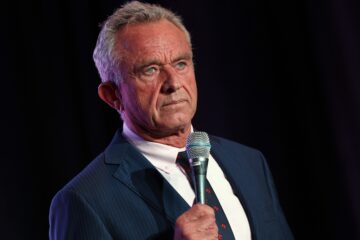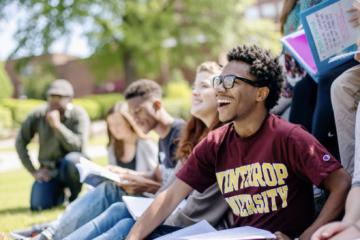Since the inception of 2021, gun violence has seen countless headlines.
The Gun Violence Archives (GVA) estimates that the United States has seen over one hundred mass shootings since New Year’s Day. In this definition of a “mass shooting,” the GVA clarifies that each shooting had at least three people who were shot.
On March 16, shots fired in an Atlanta massage parlor killed four adults. Less than an hour later, four additional women were shot a few blocks away. A third shooting occurred shortly after the second attack ended. It is speculated by authorities that prejudice against Asian-Americans played a role in the shootings, as six of the victims were of Asian descent. Robert Aaron Long was apprehended as the main suspect in these shootings.
In Boulder, Colorado, Ahmad Al Aliwi Alissa opened fire in a corner store on March 22. Within minutes, ten adults were killed – including one of the responding officers. While racism is not suspected to be Alissa’s motivation, his family has admitted that Alissa is mentally unstable.
Gun violence is not a foreign concept that becomes less real the farther away it occurs. Since 2021 began, Rock Hill has had at least three armed assaults.
On January 24, two teenage boys were shot near Sunset Park Elementary School. Hours after the boys were admitted to the hospital, another young man was shot in a nearby neighborhood. While it was never determined if these shootings were related, all three victims died within 24 hours of being wounded.
In February, a man was found in his driveway with multiple gunshot wounds. By March 2, Jarod Nelson and Brendon Meyers were charged with the murder. While the victim, Harterius Massey, was African-American, it has not been publicly confirmed that the shooting was motivated by racism.
On March 24, Nikele Deon Simmons attacked the mother of his child before shooting a nearby civilian. Simmons is said to have threatened his child’s mother before pistol-whipping her and shooting an unrelated adult male as Simmons left. The Rock Hill Police Department confirmed that an unrelated shooting had happened hours before, as officers found a man shot to death in front of his home. Despite confirming that the two incidents are not related, officers found it interesting that these incidents occurred within a block of each other and mere hours apart.
While gun reform would make it harder for criminals and mentally unwell individuals to purchase a gun, it would not stop the shootings altogether. David Hemenway from Harvard University’s Public Health Department has been conducting thorough research on how to create gun legislation that would ensure the safety of the masses while allowing reliable access to firearms if the need arises. Hemenway has found through his research that many guns are not purchased legally – or have been purchased before being illegally resold – making it hard to determine how many firearms in the United States are acquired through the following gun legislature.
Hemenway has also determined that while armed homicide is a contributing factor to the United States’ deaths, suicide by gun is overwhelmingly more common. This realization has changed how the Public Health Department of Harvard has seen this issue, as it is often impossible to tell the owner’s true intentions of acquiring a firearm until after the fact. While Hemenway does not have a concrete answer as to stop mass shootings at this time, he has commented to the Harvard Gazette that Americans can reduce the amount of gun violence through “better parenting, less racism, better education, and more job opportunities.”



